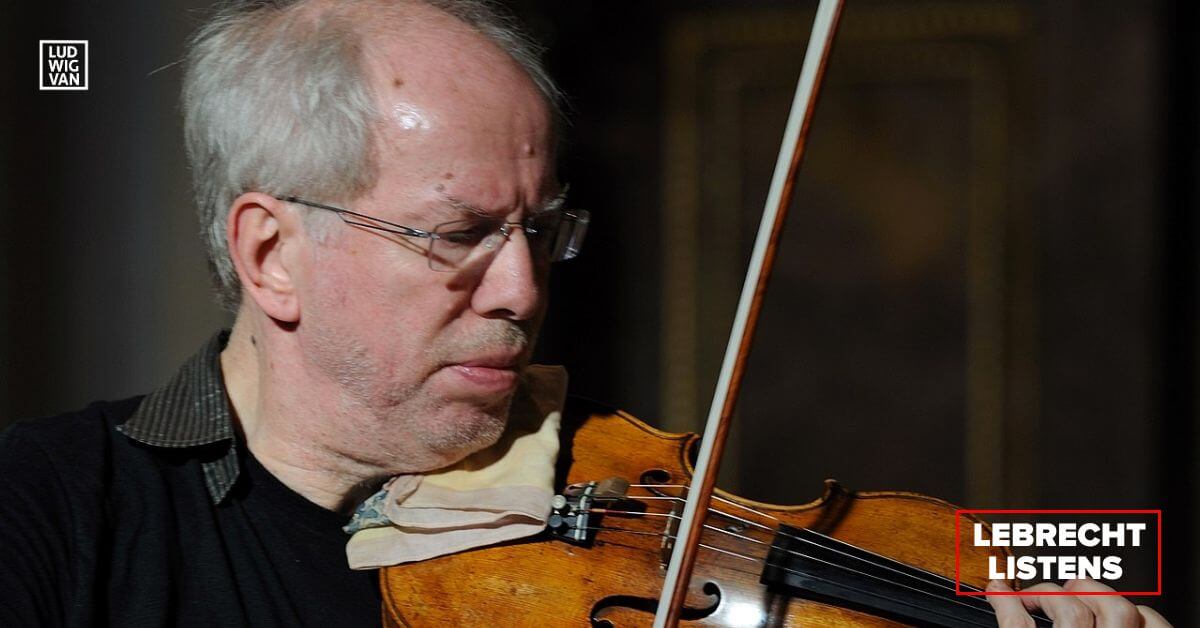
[ad_1]

Gidon Kremer: Songs of Destiny (ECM)
★★★★★+
In half a century of creating data, that is Kremer’s most private launch. The son of a Latvian Jew who misplaced his first household to the Nazis and subsequently remarried a German-Swede, Gidon Kremer typically asks himself: who am I? In Riga, he grew up with Soviet anti-semitism and the suppression of Baltic nationwide identities. In Moscow he studied with David Oistrakh, profitable first prize on the 1970 Tchaikovsky Competitors. A decade later he settled in Germany, then France. He nonetheless lives with a suitcase shut at hand, travelling the world together with his Kremerata Baltica.
This album brings collectively composers from Baltic states with the Soviet-Polish-Jewish Mieczyslaw Weinberg, who’s Kremer’s pet venture. The opening monitor ‘This too shall cross’ says all of it within the title. Composed by the Lithuanian Raminta Šerkšnytė for violin, vibraphone and string orchestra, it evokes a wasteland suffering from wisps of melody.
4 works by Giedrius Kuprevičius embody two settings of the Kaddish, the Jewish memorial prayer, one for violin, the opposite luminously for soprano and orchestra. The Latvian Jēkabs Jančevskis contributes a tenebrous ‘Lignum’ for strings and esoteric devices. Weinberg is represented by, amongst different tracks, a heart-rending 1948 Nocturne for violin and string orchestra and a set of Yiddish ballads. Greater than any Holocaust museum, it is a dwelling salute to destroyed cultures.
Kremer’s dedication to taking part in the violin at an age, 76, when most colleagues have lengthy turned to conducting reveals how carefully he regards the instrument as his private voice. Down the a long time, his tone has mellowed from Moscow-tooled precisionism to a spherical, all-embracing heat. This austere and uplifting report is imbued with humanity and idealism. I don’t suppose I ever suggest a brand new report as important. This one is.
To learn extra from Norman Lebrecht, subscribe to Slippedisc.com.
#LUDWIGVAN
Get the each day arts information straight to your inbox.
Join the Ludwig van Every day — classical music and opera in 5 minutes or much less HERE.
[ad_2]